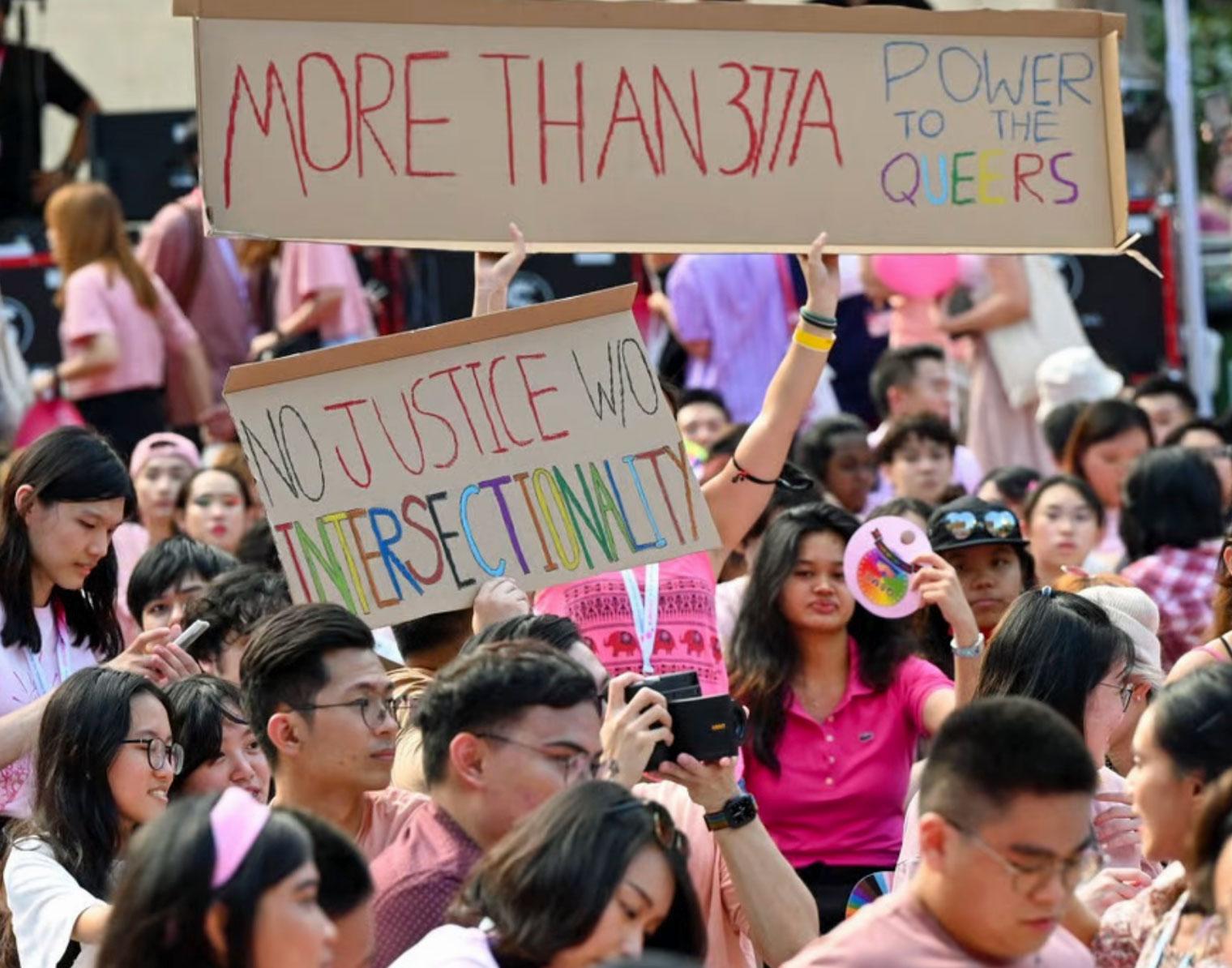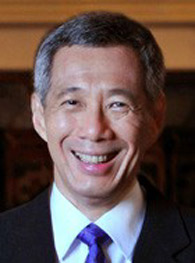Singapore bills would repeal anti-gay law, reject marriage equality
Colin Stewart is a 45-year journalism veteran living in Southern…
As predicted in August by Singapore Prime Minister Lee Hsien Loong, the Singapore government has introduced bills to revoke the ban on sex between men and to amend the constitution to avoid legal challenges to traditionally defined marriage. Both are expected to be passed in parliament.
CLICK for a free subscription to Erasing 76 Crimes

South China Morning Post reported:
Singapore to scrap anti-gay sex law, but upholds ban on same-sex marriage
Singapore’s government on [Oct. 20] introduced two bills that when enacted into law will put into effect its plan to repeal a colonial-era legislation criminalising sex between men while protecting the status quo position on marriage in the city state.
The bills proposing the repeal of Section 377A of the penal code and the introduction of a new “Institution of Marriage” article in the constitution, will be debated together on November 28 and put to a vote separately.
The ruling People’s Action Party (PAP), which has fotr decades governed with a legislative supermajority, has said it will not lift the whip [release legislators from demands for a party-line vote] on the votes, making it a near-certainty that the bills will be passed into law.
The main opposition Workers’ Party, which has nine MPs in the 103-seat legislature, has not publicly stated whether it will back the changes.
Constitutional amendment on marriage
A government statement said the new Institution of Marriage constitutional article would clarify that parliament has the sole prerogative to make laws to “define, regulate, protect, safeguard, support, foster, and promote” the institution of marriage.
It will also spell out that the government of the day has powers to exercise its functions to promote the institution of marriage, among other things, such as in the form of pro-family policies.
As there are other policies in Singapore that are based on the definition of marriage – including adoption laws and housing policies – the proposed constitutional amendment would protect them from being constitutionally challenged in the courts.
Some religious groups had earlier called for the government to enshrine the definition of marriage – as between a man and a woman – into the constitution but the proposed bill would not do so.
Bill to repeal anti-gay law
The government also presented a bill … to repeal Section 377A of the penal code that has its roots in Britain’s colonial rule of Singapore and other colonies.
A Section 377 barring “carnal intercourse against the course of nature” was first introduced in the then colony in 1871. In 1938, the colonial government put in place Section 377A criminalising sex between men following reports of homosexual relations between European men and Asian male prostitutes.

In August, in announcing the government’s plan to repeal the law, Prime Minister Lee Hsien Loong said the move would reflect “current social mores”.
Lee had described the dual decision to rid Section 377A while safeguarding the status quo definition of marriage as a “political accommodation … that balances different legitimate views and aspirations among Singaporeans on the issue”.
The government statement … reiterated that attitudes towards homosexuality in the largely-conservative island nation have shifted “appreciably”, with gay persons now “better accepted”.
“Most people accept that a person’s sexual orientation and behaviour is a private matter, and that sex between men should not be a criminal offence,” said the joint statement by the Ministry of Home Affairs and Ministry of Social and Family Development.
There was also a “significant risk” of Section 377A being struck down by the courts in future challenges.
The ministries, however, added that most Singaporeans wanted to uphold current family and social norms, where marriage is between a man and a woman.
“The government supports this view, and has affirmed that it will uphold the current heterosexual definition of marriage and the family structure that arises from it,” the statement said.
The amendments to the constitution would mean that important sociopolitical issues would be decided by parliament and not tied to a “binary decision” like in the courts, it added.
Law and Home Affairs Minister K. Shanmugam had earlier said that political parties or groups who wanted to challenge the definition of marriage and fight for same-sex marriage could do so.
“They will have to put that in their manifesto, fight elections, get a majority and then change the definition of marriage,” he told local media.




